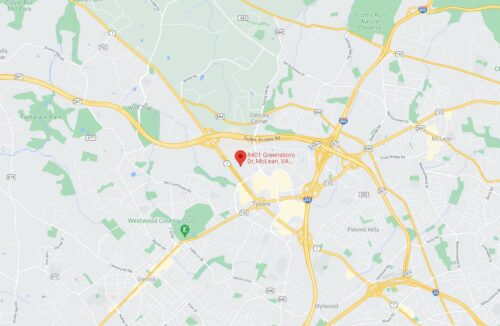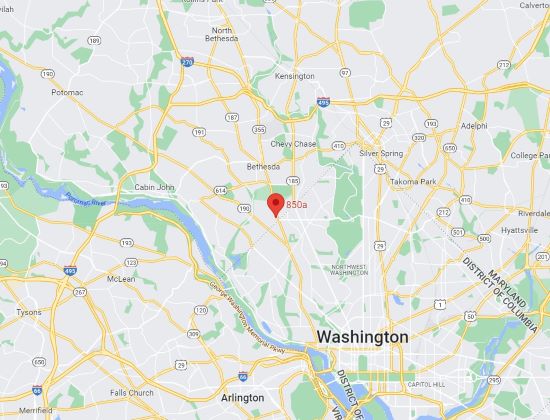With the recent changes regarding health care, more people than ever are aware of the different ways they can pay for their medical treatment, including elective procedures such as LASIK surgery. For many patients, navigating the murky waters of FSAs and HSAs can be the biggest challenge when figuring out how to pay for LASIK costs. Is one savings account better than the other? If you are considering LASIK, and you are wondering about the best way to pay for it, our Washington, DC practice is ready to explain the differences between FSAs and HSAs. We will also guide you in choosing the best option to cover your laser eye surgery.
What Are HSAs?
Health savings accounts are usually only open to those with a high-deductible health care plan. They operate much like a regular savings account, but they can only be used to pay for medical expenses. Although your employer sets up the account, you control it. The funds you deposit will not be taxed, they will earn interest, and they will carry over to the next fiscal year. You can also take money out of the account; however, once removed from the HSA, these funds will be taxed.
In 2014, individuals can deposit up to $3,300, and families can deposit up to $6,550. In 2015, these amounts will be raised to $3,350 and $6,650 respectively.
What Are FSAs ?
Flexible spending accounts are set up by your employer, and you can contribute a set amount per year, as determined by your employer’s plan. As with HSAs, the money is not subject to taxes. Unlike health savings accounts, however, unused money does not roll over to the next year.
Opening and HSA or FSA
If you do not already have a health care account, you should certainly consider opening one. However, choosing the right type for your needs can be a daunting task. Of course, if you already have a low deductible, you will not qualify for an HSA. If both types are an option, there are several things you should keep in mind. An HSA may be a good choice if you are healthy and you want to set aside money for health care following retirement. An FSA may be suitable if you know you will be facing certain medical expenses during the course of the fiscal year. Additionally, HSAs do not transfer if you change jobs. Therefore, if you think you may alter your career path, an FSA may be a better choice. Both types can be used to pay for eye, dental, and general medical care.
HSAs, FSAs, and LASIK
Both accounts are great options when it comes to helping with LASIK costs. However, you should exercise some caution when you are getting ready to use your savings account. Before adding money to the account, make sure you qualify for laser vision correction. You should also double check your deadlines, especially if you are using an FSA. Because the money will not roll over to the next fiscal year, you should plan ahead of time to ensure that your account still holds the funds for your laser vision surgery.
Questions about Paying for LASIK?
We know that health care coverage can be extremely confusing, and we are ready to help. Contact our office today for more information about HSA’s and FSA’s and for help in using your savings account.



